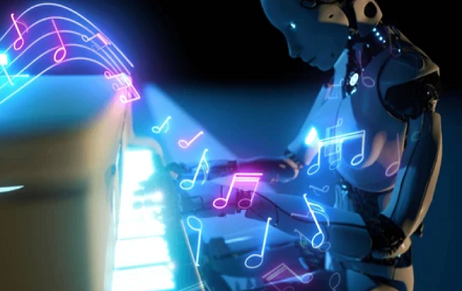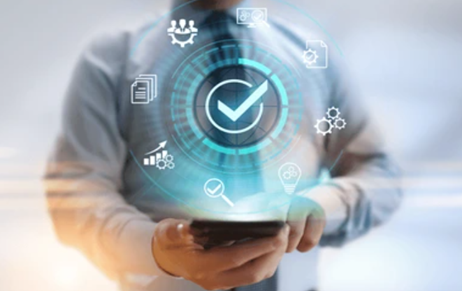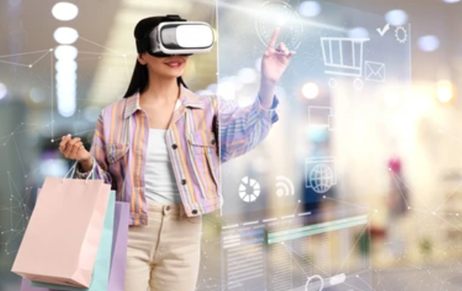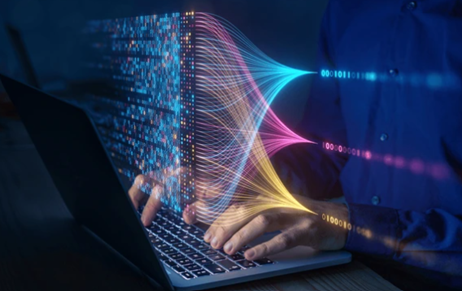The Southeast Asian regional grouping known as ASEAN is undoubtedly one of the most dynamic…
AI-GENERATED MUSIC: UNRAVELLING THE COPYRIGHT CONUNDRUM
INTRODUCTION
In the ever-expanding realm of artificial intelligence (“AI”), one of its most fascinating frontiers is the creation of music. Through intricate algorithms and machine learning capabilities, AI systems are now generating original compositions, sparking a profound debate over the legal and ethical considerations surrounding authorship, copyright ownership, and the overarching status of music brought to life by non-human entities.
UNDERSTANDING THE CONCEPT OF AI-GENERATED MUSIC
AI-generated music is a burgeoning technology propelled by algorithms rooted in artificial intelligence. These algorithms aim to mimic the exact tempo, pitch, and range found in established music tracks, ultimately leading to the production of entirely novel songs. The process involves input prompts specifying desired emotions or genres. These prompts guide the AI algorithms as they manipulate data to generate unique musical compositions. The AI platform collects extensive data from music streaming sites, studying the creative processes inherent in songwriting and audio direction. This gathered data is then analyzed and utilized to train a supervised algorithm, incorporating elements such as existing chapters, chords, vocals, and melodies. Leveraging techniques from music information retrieval and generative music theory, the AI can even mimic the artistic impressions of musicians, generating visual content like illustrations or 3D models for use in AI-generated videos. The AI platforms excel in recreating the sounds of instruments like bass guitars, modes, and drums. In 2021, a team of musicologists, composers, and directors from Harvard, Bonn, and Vienna collaborated to finalize Beethoven’s tenth classical symphony using artificial intelligence. The AI model was provided with partial music sketches and historical song composition data, undergoing training to autonomously complete the musical sequence, ultimately bringing the masterpiece to fruition.
LEGAL STATUS OF A HUMAN VS AI AS A CREATOR
Traditionally, the title of “author” has been unequivocally reserved for human creators. Yet, as AI systems evolve to autonomously craft sophisticated melodies and harmonies, a fundamental inquiry arises: should an AI be acknowledged as an author in its own capacity? Advocates supporting the recognition of AI as authors contend that the core of creativity lies in the capability to generate original content, irrespective of whether the originator is human or artificial. The intricate algorithms that power AI music generation exhibit a form of creative intelligence that, in their view, qualifies as a unique form of authorship. This viewpoint disrupts conventional understandings of creativity and authorship, prompting a reassessment of the criteria that delineate these fundamental concepts.
[Image Sources: Shutterstock]

diverse sources and possess a level of autonomy in the creative process.
A pivotal concern revolves around the matter of ownership. Conventional copyright laws conventionally confer ownership rights upon the individual or entity responsible for the creation of the work. However, when the creator is an AI system, the lines blur, leading to uncertainty about who should be considered the rightful owner of the generated content. This uncertainty becomes particularly complex when considering the intricate nature of AI algorithms, which may incorporate data from diverse sources and possess a level of autonomy in the creative process.
A GLOBAL PERSPECTIVE
On a worldwide scale, the European Union has taken a proactive approach to tackle the legal dimensions of artificial intelligence. The EU’s proposal for AI regulation recognizes the necessity of defining explicit guidelines for attributing responsibility and determining the legal standing of content generated by AI. This acknowledgment underscores the EU’s awareness of the challenges associated with AI technologies, particularly in the realms of intellectual property and authorship.
THE COPYRIGHT DILEMMA
At its core, copyright law grants exclusive rights to creators of original works, allowing them to control the reproduction, distribution, and public performance of their creations. However, traditional copyright laws were not designed to accommodate the novel complexities introduced by AI. The lack of explicit provisions catering to AI-generated content creates a vacuum, leaving legal scholars, legislators, and industry stakeholders grappling with how to apply existing laws to this evolving landscape.
In cases where human programmers seek recognition for their creative input into the AI’s algorithms, the question becomes whether their role qualifies them as sole or joint owners of the generated music. Legal precedents in AI-generated art suggest that the level of human intervention and creative input may influence the determination of ownership. However, the legal system faces the challenge of establishing clear criteria for assessing the significance of human involvement.
One of the intricacies in copyright ownership is the challenge of attribution. Traditional copyright laws assume a human creator who can be easily identified and credited. With AI-generated music, the lack of a clear human author muddles the attribution process. This becomes particularly pertinent in scenarios where AI systems draw inspiration from vast datasets and diverse musical influences, making it difficult to pinpoint the origin of specific elements within a composition.
The concept of fair use, a crucial element in copyright law, adds another layer of complexity.
When AI systems generate music by training on existing compositions, they essentially mimic and transform copyrighted material. Determining what constitutes fair use in this context becomes essential. While transformative use is often a key factor in fair use considerations, the application of this principle to AI-generated content raises intricate questions about the nature of transformation and originality.
CONCLUSION
In navigating the intricate web of copyright ownership and intellectual property rights concerning AI-generated music, a delicate balance must be struck between fostering innovation and preserving the rights of creators. The evolving legal landscape requires thoughtful considerations, drawing from lessons learned in related domains such as AI-generated art. As the global community continues to grapple with these challenges, collaborative efforts among legal experts, technologists,
and policymakers are crucial for shaping a legal framework that accommodates the transformative
potential of AI while upholding the principles of creativity and ownership
Author: Vaishnavi Ganeshkumar Wable, in case of any queries please contact/write back to us via email to chhavi@khuranaandkhurana.com or at IIPRD.
REFERENCES
1. https://www.livelaw.in/law-firms/law-firm-articles-/artificial-intelligence-intellectual-prope
rty-indian-copyright-act-singhania-co-llp-238401#:~:text=The%20IP%20laws%20across%2
0various,from%20legislation%20or%20judicial%20verdicts.
2. https://www.europarl.europa.eu/news/en/headlines/society/20230601STO93804/eu-ai-ac
t-first-regulation-on-artificial-intelligence
3. https://digi-con.org/ai-authorship-and-copyright-protection/#:~:text=Essentially%2C%20t
he%20originator%20of%20the,or%20group%20of%20individuals%2C%20ideas.
4. https://crsreports.congress.gov/product/pdf/LSB/LSB10922
5. Copyright Act, 1957
6. https://www.g2.com/articles/ai-generated-music



